
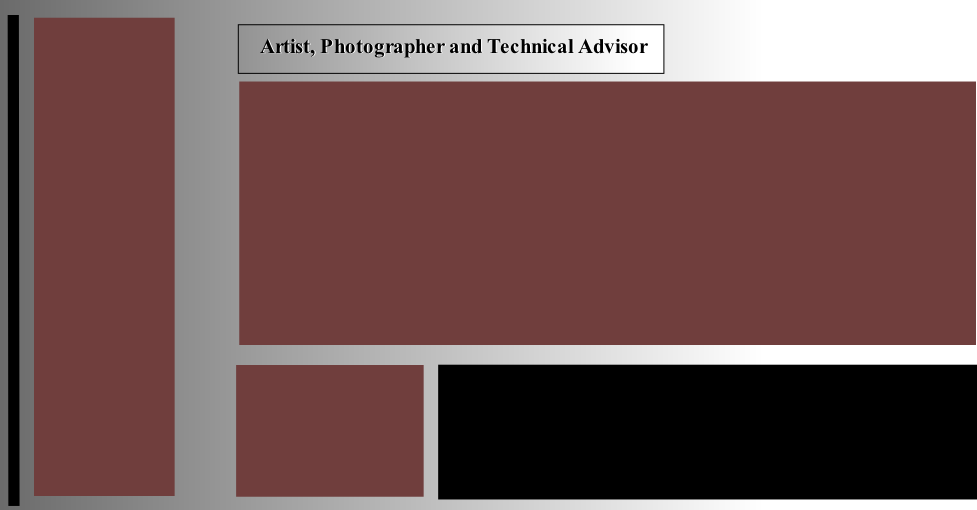

Design and Manufacture
Design and Manufacture
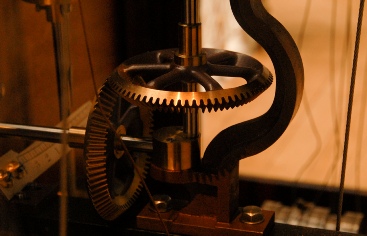
Modelling
Tests Model
Computer Model
Prototype Model
Sketch Model

Computer Model
A computer generated 3D model that allows you to rotate and view it from every angle. Drawings can be constructed using CAD packages. Some allow simulation of moving parts or allow parts to be taken apart in assemblies to check that sizes and tolerances are correct.
Paper or Card Rough Models
A very quickly put together model usually used at the start of the design process to take a 2D concept sketch to a 3D shape. Often referred to as a Sketch Model.
Prototype Model
A model that is usually an accurate representation of the actual item that is to be manufactured. A prototype model can be almost a perfect replica of the actual production model and is often used for testing purposes.
Test Model
A model that is used for testing purposes. This may be to test design issues related to function such as the effects of fatigue on a particular part perhaps due to repetitive movement of the part when in use and so on.
Scale Model
A replica of the actual item but made to a larger or smaller size. Can be used at various stages of the design process. These are often used to check stability or proportion etc, usually during the design process. They can also be used to show a client the proposed solution to a design problem and gain feedback from the client.
Sketch Model
A 2D sketch scanned into a computer that is then enhanced by software to produce a 3D version of the sketch.
Rapid Prototype Model
These are normally 3D models that are created from computer drawings by using a 3D printer that is connected to the computer as a normal printer would. They are cheaper to produce than many of the models made using traditional methods and as the name suggests are able to be produced in a much shorter timeframe.
First Stage Models
First stage (Rough Models) are often done in paper or cheap card. These are mainly used to allow the designer to view a concept in 3D as opposed to viewing it as a sketch. It allows the designer to check the proportion and balance of the design as well as aesthetic qualities such as the use of curves or line.
Second Stage Models
Second stage models are used in a variety of ways and can be made from foam, clay, balsa wood etc. They may be only part of the design in isolation and this can be used to check out any particular area of the design that requires fuller investigation into the design, such as the ergonomics. A handle for a proposed new kettle modelled in foam is one example. A second stage model might also be a more fully developed form of an idea that was previous in paper model form. This more fully developed stage will include more detail taking the idea forward in its development. It can be used at this stage as a means of evaluating the design against other proposed ideas before decisions are taken as to the best way forward. These are often Scale Models.
The process of taking an idea and producing a rough model followed by a more developed second stage model followed by a prototype model in an attempt to continually improve the design from one stage to the next and ultimately end up with the perfect solution to a problem is known as Iterative Design.
Scale Model
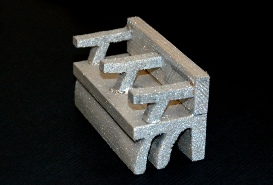
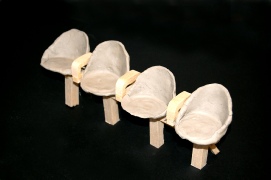
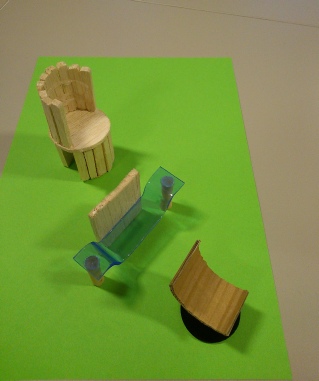
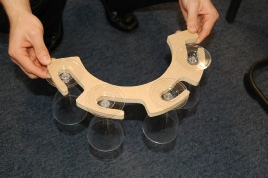
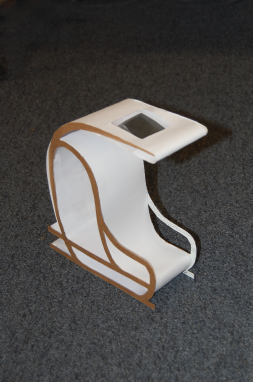
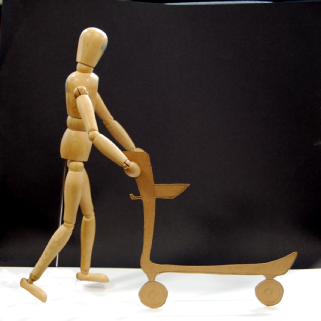
A Small Selection of Basic Models
Early to Mid Stage Development
All materials are subject to copyright @ Wilhelm
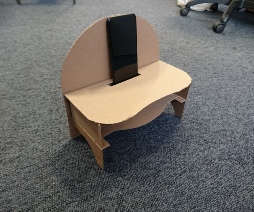
All materials are subject to copyright @ Wilhelm
A Small Selection of Basic Models
Mid to Final Stage Development
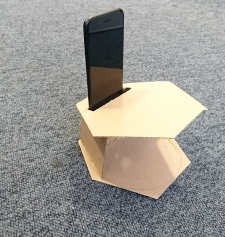
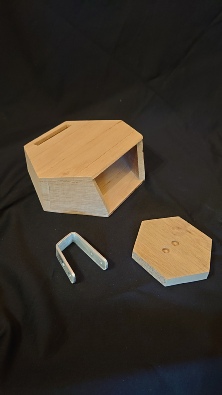
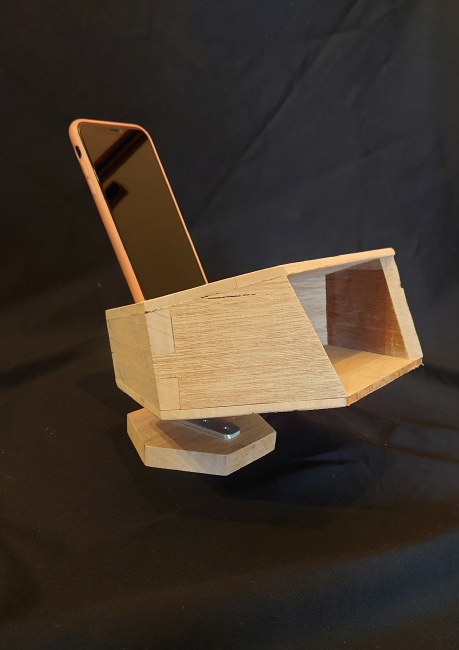
Passive Amplifier Designs
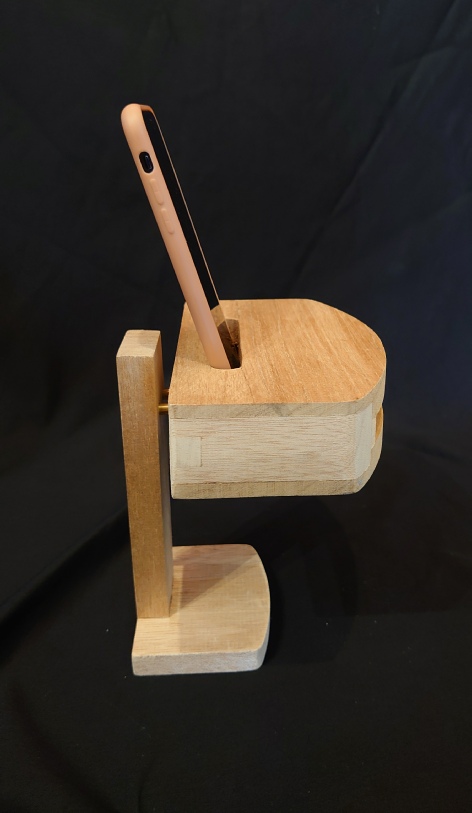
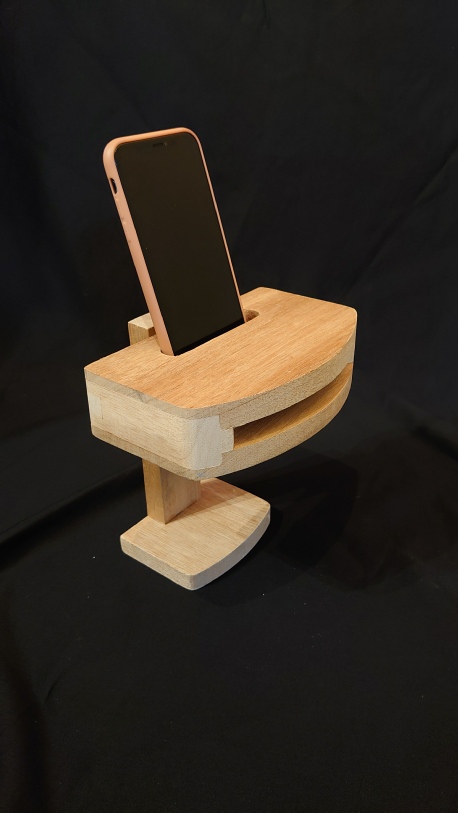
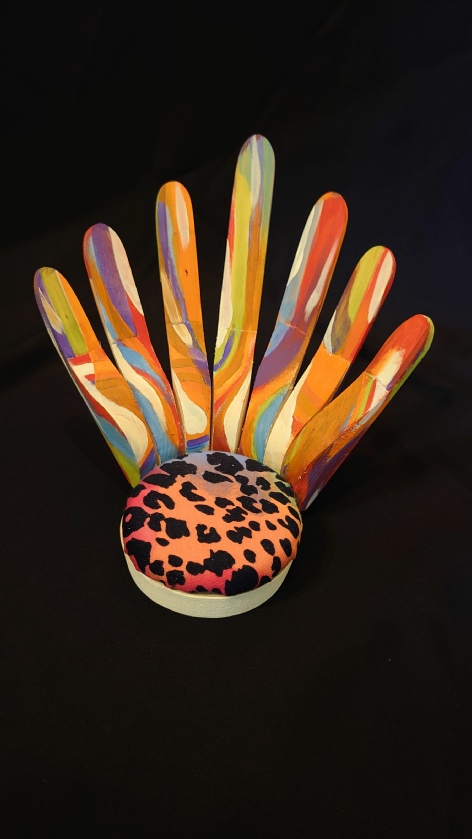
Chair Designs
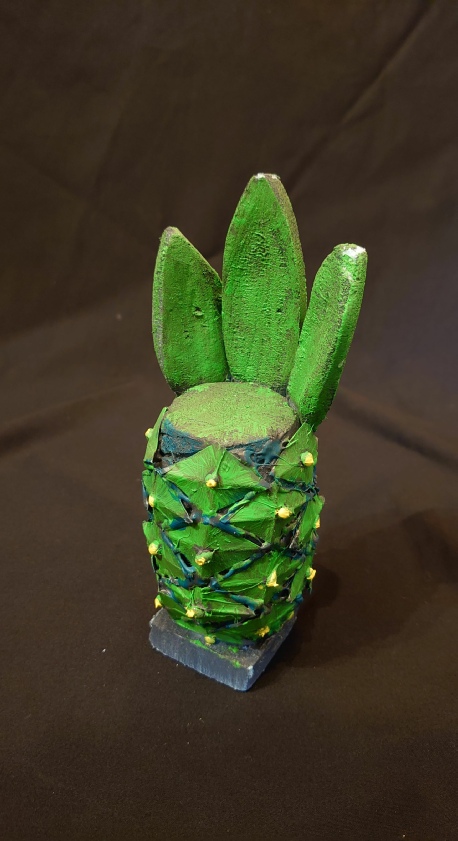
| Technical |
| Art Home |
| Photography Home |
| Craft Folio Basics 1 |
| Craft Folio Basics 2 |
| Unit 1 |
| Unit 2 |
| Unit 3 |
| Design 1 |
| Cones |
| Prisms |
| Circular |
| Hexagonal |
| Octagonal |
| Rectangular |
| Square |
| Triangular |
| Basic Drawing Techniques |
| Obliques |
| Isometrics |
| S5 Product Design |
| S5 Graphics |
| S5 Practical Craft Skills |
| Unit 1 |
| S4 Graphic Communication |
| S4 Craft and Design |
| S4 Graphic Communication Folio |
| S4 Graphic Communication Course Work |
| Graphic Communication Folio Exemplars |
| S4 Craft and Design Folio |
| S4 Craft and Design Models |
| S3 Craft and Design |
| S3 Graphic Communication |
| S3 Page 2 |
| S2 Craft and Design |
| S2 Graphic Communication |
| S1Craft and Design |
| S1 Graphic Communication |
| Art Page 1 |
| Art Page 2 |
| Art Page 3 |
| Art Page 4 |
| Art Page 5 |
| Sketches 1 |
| Sketches 2 |
| Sketches 3 |
| Paintings |
| General Photography 1 |
| Studio 1 |
| Black and White 1 |
| Sport 1 |
| Animals |
| Landscape and Scenery |
| Special Effects |
| Special Effects 2 |
| Wedding and Other Parties |
| Plants |
| Structures |